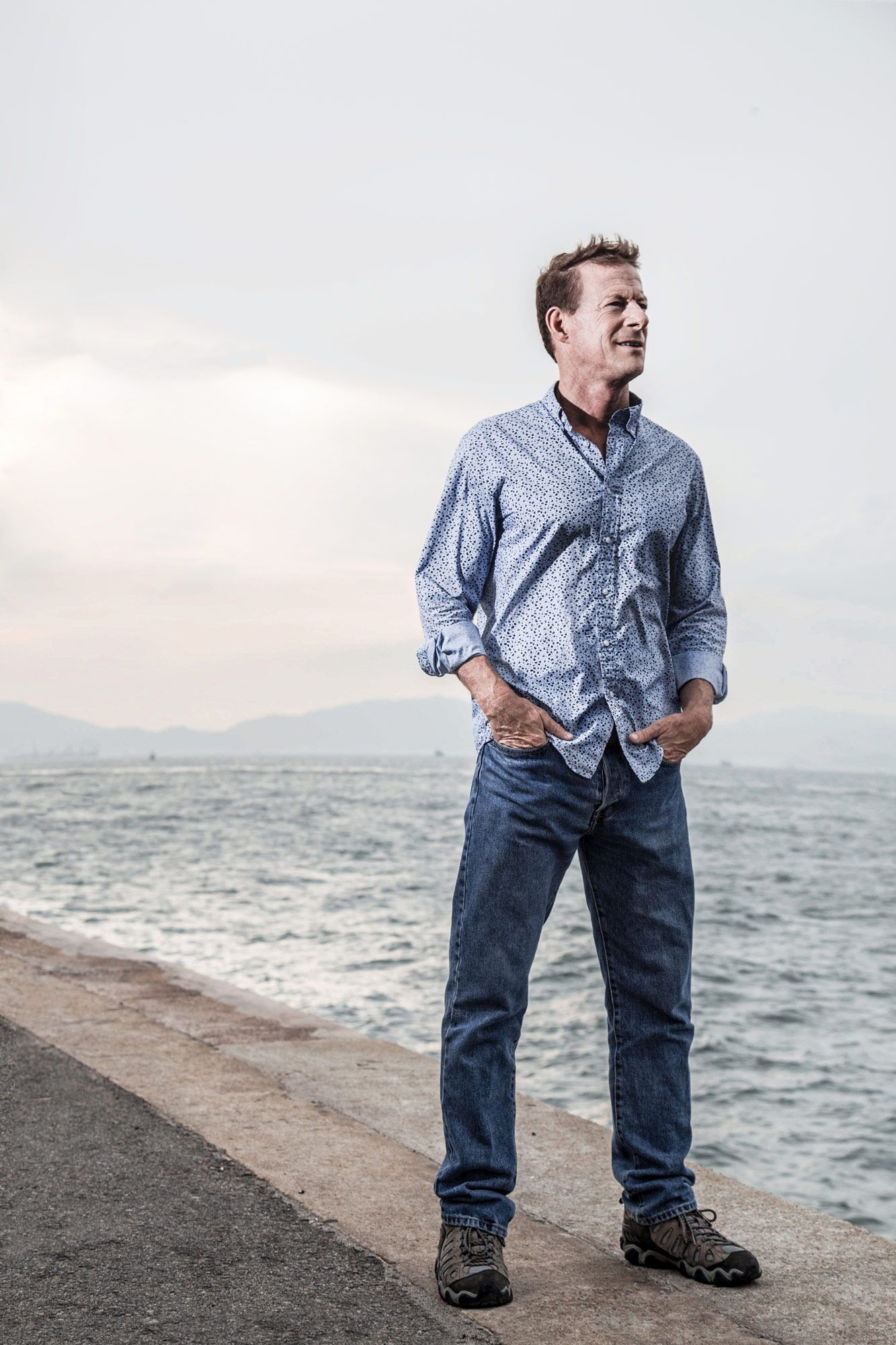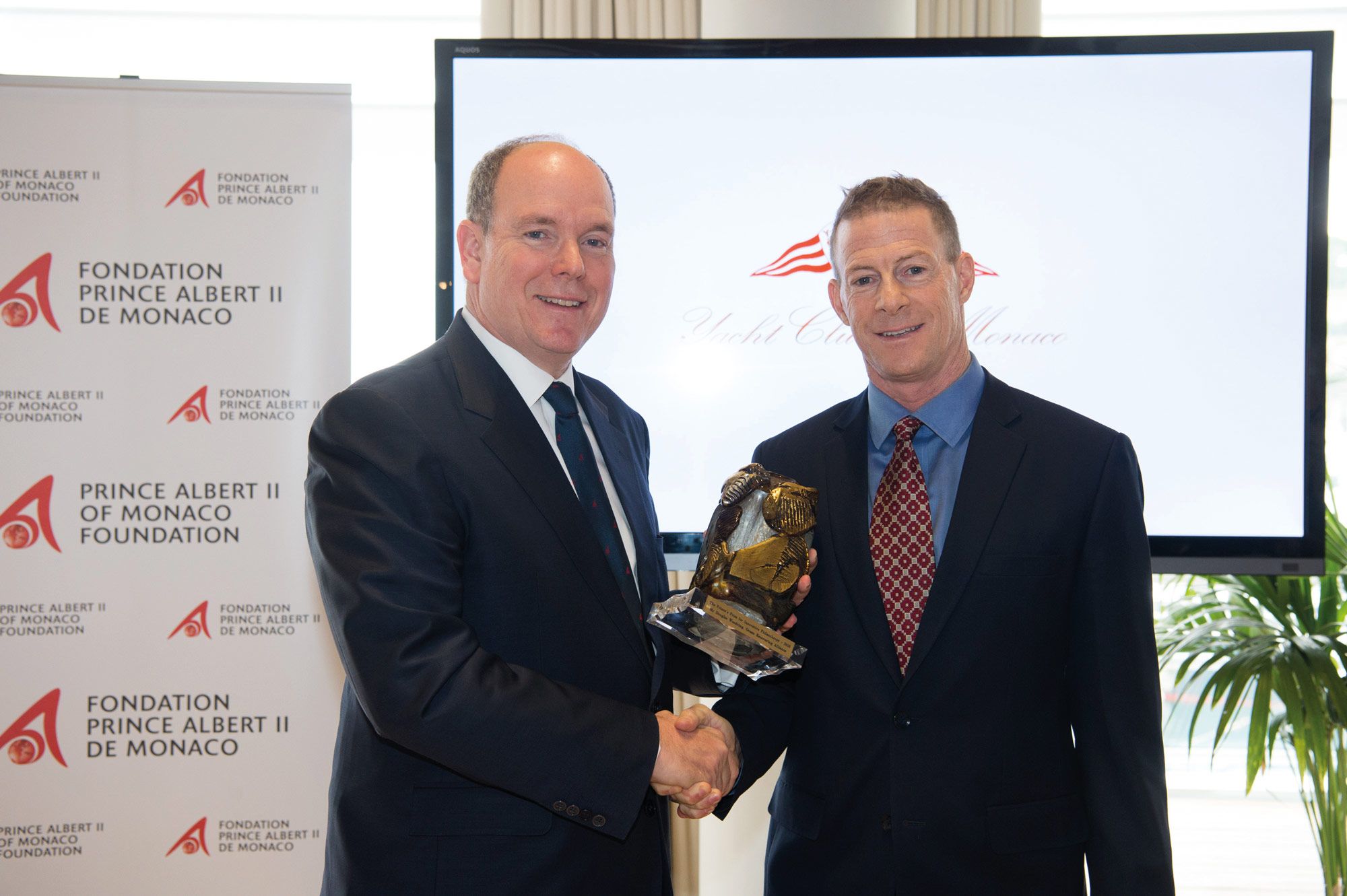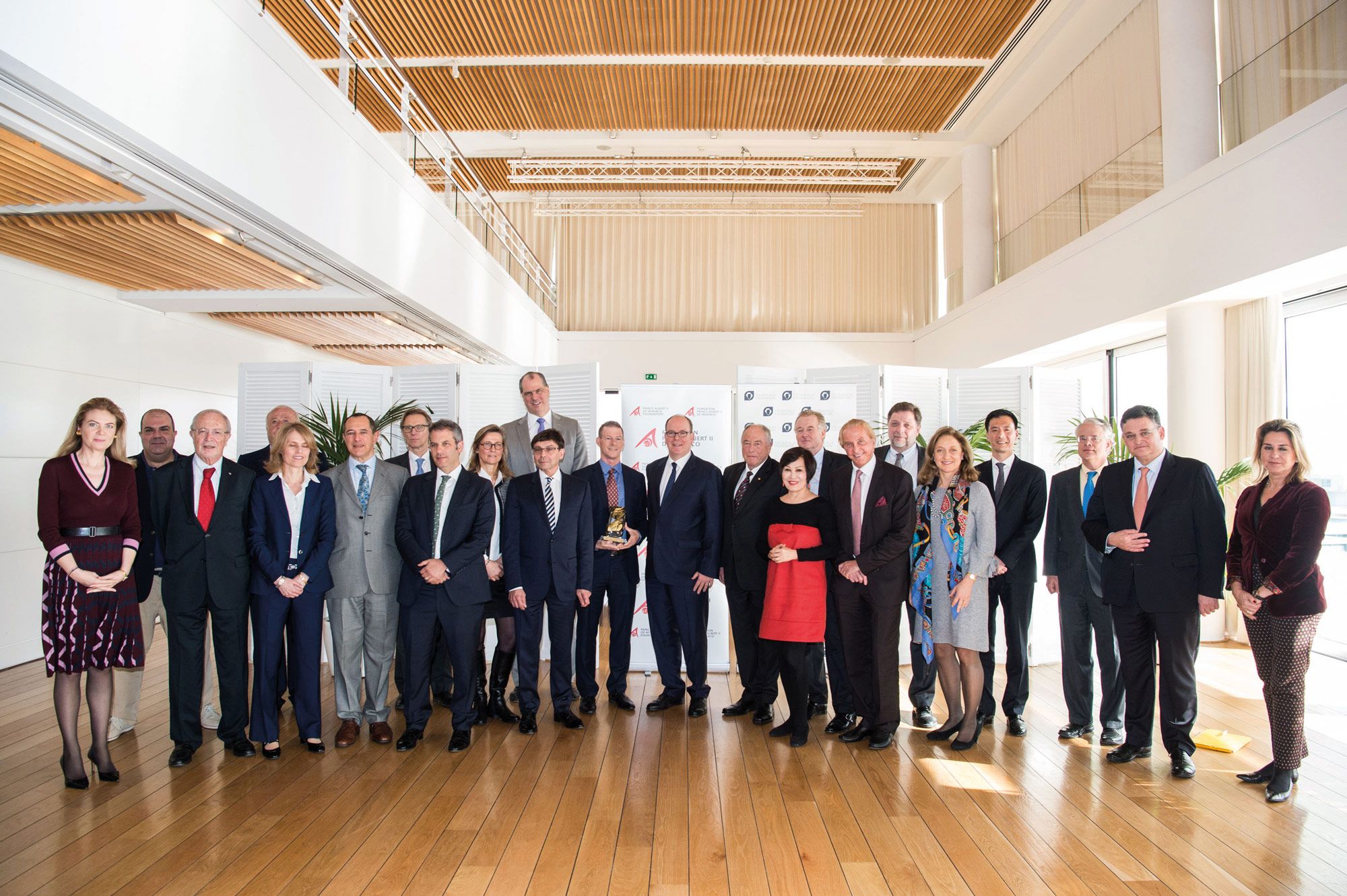The founder and managing director of Hong Kong-based Ocean Recovery Alliance, Douglas Woodring—who was awarded the Prince’s Prize for Innovative Philanthropy this year by Prince Albert II of Monaco—talks about the need for much greater global intervention to turn the tide of plastic pollution
Some eight million tonnes of plastic enter rivers and oceans each year, threatening the planet’s freshwater and marine ecosystems. Given the borderless nature of this pollution, solutions require creative new ways of thinking, new technologies and, most importantly, collaboration, says Douglas Woodring.
What was your reaction to winning the Prince’s Prize for Innovative Philanthropy?
The prize is a powerful endorsement and validation of the global work we have been doing from Hong Kong over the past decade. Now that much of the world has awoken to the scale of the plastic issue, more companies and governments are embracing the programmes we have already been running for a number of years to tackle the problem. The award has shone further light on this.
See more: Peggy Chan And David Yeung Share Tips On How To Live Greener

What are these programmes?
The Plastic Disclosure Project, which works to reduce the environmental impact of the world’s rising use of plastics in products and packaging, and our Global Alert app, which allows people to report trash hotspots anywhere in the world’s waters. Both have been endorsed by the United Nations Environment Programme and the World Bank. The Ocean Recovery Alliance is also the founder and organiser of the Plasticity Forum, launched at the Rio+20 Earth Summit eight years ago, which focuses on the future of plastic sustainability without leaving a plastic-waste footprint.
How did you become interested in plastic pollution and finding ways to reduce it?
The real eye-opening moment for me came when I was diving on the outermost reef in Palau about 10 years ago. The place was absolutely remote and yet there was plastic packaging and trash suspended at all levels of the water column, even 20 metres deep, in crystal-clear water. It made me wonder where it came from and why the world wasn’t talking about it.


